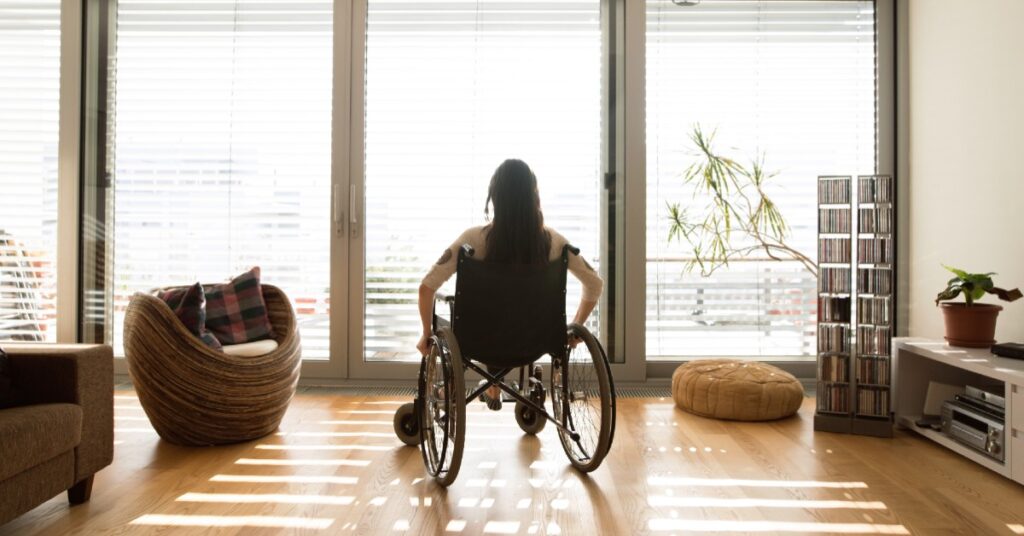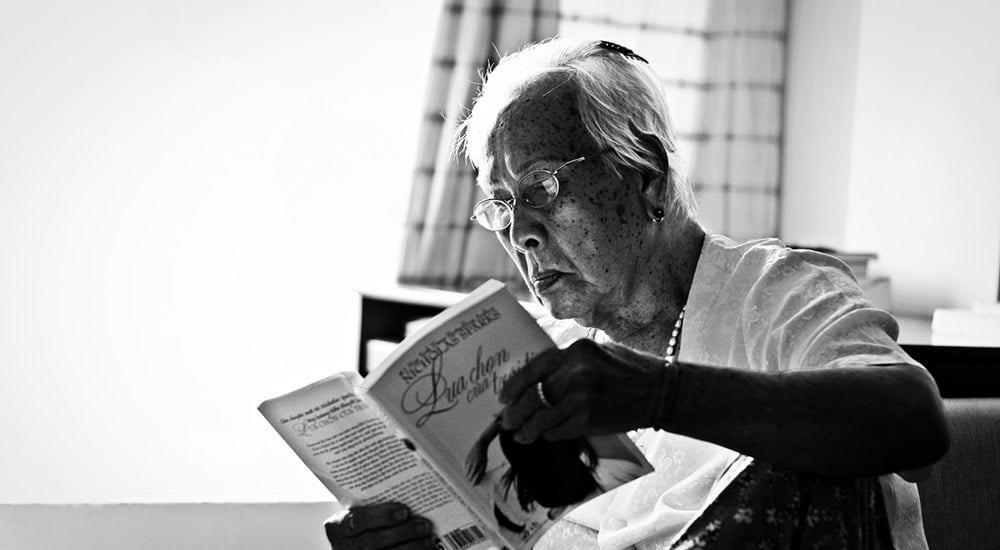The NDIS provides funding for a variety of supports and services which will help participants maintain independence and gain skills. When a person applies for the NDIS, they can create short-term and long-term goals for anything from accessing the community to finding a job or studying at university.
The NDIS also provides funding for home modifications, if necessary. It also can contribute to the cost of accommodation in situations where a participant has a need for specialised housing. In this article, we’ll outline the eligibility requirements to receive assistance with rent, and the different plans which can help you with housing costs.
At Absolute Care & Health, we are a registered NDIS disability care provider. We’ll help you achieve the goals outlined in your NDIS plan, and match you with a carer who meets your preferences.
Can the NDIS help with my rent?
For most participants, the NDIS does not cover funding for rent. However, some NDIS participants may apply for Specialist Disability Accommodation (SDA) or Supported Independent Living (SIL).
SIL providers have been differentiated from SDA providers so that participants can change one support without having to change another. Participants who don’t have SDA in their plan can still access SIL supports.
An NDIA planner will help you establish whether you qualify for SDA or SIL, or in some cases, both.
How do I know if I have funding to explore my housing options?
The NDIS provides capacity building funding for those who need support to explore their housing options. You may have up to 75 hours of support coordination to develop your Housing Plan, including 20 hours which can be used to contract allied health assessments.
You may also have up to 50 hours to work with allied health professionals to assess housing and support needs.
It’s possible that you already have this funding but you don’t know it, because it’s not labelled within your NDIS plan. If you answer ‘yes’ to any of the questions below, you may have funding for Capacity Building Supports:
- Is it time to move out of the home of your parents?
- Are you at risk in your current housing?
- Are you living with aging parents?
- Are you in a hospital with no access to safe and appropriate housing?
- Are you currently living in residential aged care?
Exploring housing options with the NDIS
If you do get Capacity Building Supports in your plan, it will be separated into two parts — support coordination and allied health assessments.
Support coordination
A support coordinator will find suitable allied health professionals who can assess your housing and support needs. Their assessments will act as evidence to the NDIS of the types of supports and home modifications you may need to support your independence.
Allied health assessments
The NDIS can also provide funding to work with allied health professionals to conduct housing assessments. This includes professionals such as:
- Psychologists
- Occupational therapists
- Physiotherapists
- Disability specialists
- Social workers
- Nurses
The assessments provide information about your physical, cognitive, and functional support needs.
How do I know if I qualify?
You’ll need to check with a Local Area Coordinator or NDIS planner to see if you can apply for SDA. They will look at criteria such as:
- Do you have extreme of complete functional impairment due to a disability that requires an SDA response?
- Do you have high support needs (including housing needs) most appropriately met by an SDA response?
- Have suitable alternative supports and pathways been considered? (Including home modifications and Capacity Building Supports)
The National Disability Insurance Agency (NDIA) will also need to:
- Ensure rent is not being funded contrary to the Supports for Participants Rules
- Be satisfied that the SDA support is most appropriately funded through the NDIS
- Be satisfied that the SDA support meets each of the criteria outlined in the NDIS act
You will still need to pay a ‘reasonable rent contribution’
SDA is housing designed for those who have high support needs due to a disability. Only a very small number (around 6 per cent) of NDIS participants are estimated to qualify for SDA.
Although eligible participants will receive funding to cover disability-related housing costs, tenants will still need to pay a reasonable contribution to rent.
Other housing options
If you can’t access SDA, then there are other housing options available. You can look at mainstream housing options such as:
- Public housing
- Community/social housing
- Private rentals
At Absolute Care & Health, we can provide day-to-day supports which may help you live independently. Our support team can assist with personal care, like showering, or assist you in attending community events.







